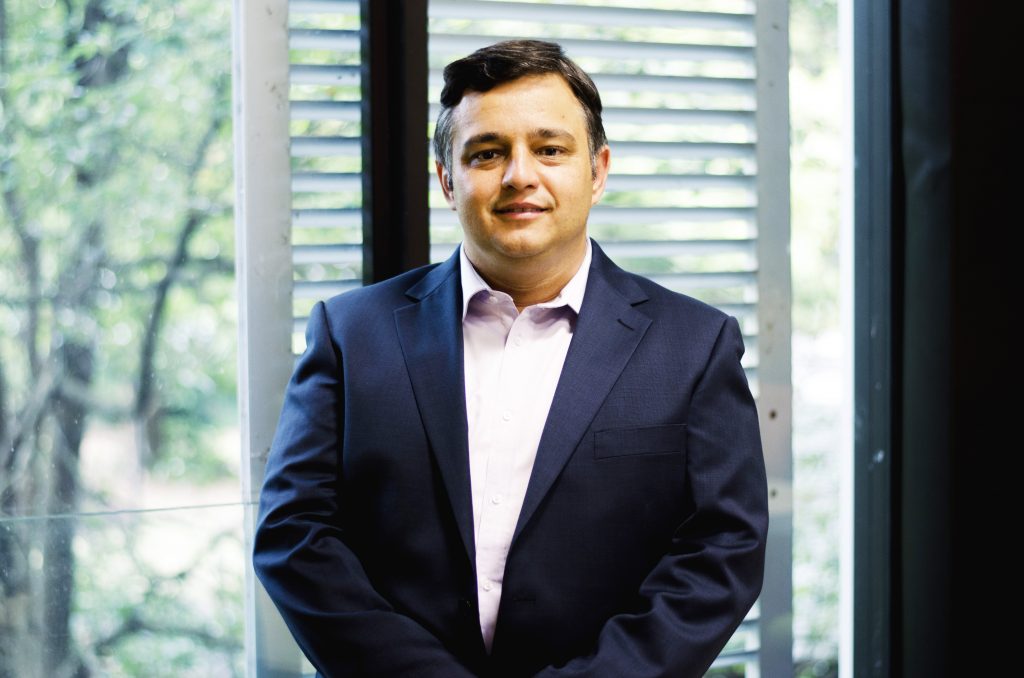Silas Villas-Boas
- Methods in microbial metabolomics
- Bioactive compounds from NZ microbes
- Effect of sonic vibration on yeast metabolism
- Bioconversion of food waste products
Dr. Silas Villas-Boas is an Associate Professor at the School of Biological Sciences, The University of Auckland, with a scientific career focused primarily on microbial physiology, metabolomics and biodiscovery of bioactive metabolites. Since 2001, Dr. Villas-Boas has established international expertise in microbial metabolomics, with over 55 scientific publications in peer-reviewed journals, 9 book chapters, and 3 patents registered.
Dr Villas-Boas has contributed and co-edited the first international text-book on metabolome analysis published by John Wiley & Sons (2007) and he co-edited the first book on Microbial Metabolomics published by CABI Publishing (2012), Oxfordshire, UK. Dr Villas-Boas is a member of the editorial board of several scientific journals including Science Reviews (Springer), Metabolites(MDPI) and Computational and Structural Biotechnology Journal (International Chemical Biology Society). Since 2010 Dr Villas-Boas has been working in close collaboration with Biotelliga Limited in the biodiscovery of novel antifungal compounds produced by New Zealand isolated microorganisms. See Dr Villas-Bôas’ Curriculum Vitae.
Main impact of Dr. Villas-Bôas research to date:
- Discovered a novel natural antifungal molecule produced by a New Zealand mould that has been licensed to Biotelliga Limited for commercialisation
- Demonstrated that infrasonic vibration affects the metabolism of yeast cells
- Demonstrated that menaquinones play important role in bacterial oxidative response
- Developed a high-throughput method for metabolite analysis using Gas chromatography mass spectrometry (GC-MS)
- Discovered a new metabolic pathway used by Saccharomyces cerevisiae to utilise glycine as nitrogen source
- Described and reported the first lignocellulolytic yeast
- Developed and optimised a sequential fermentation process to convert fruit waste from apple industry into a nutritionally enriched substrate for animal/human consumption

